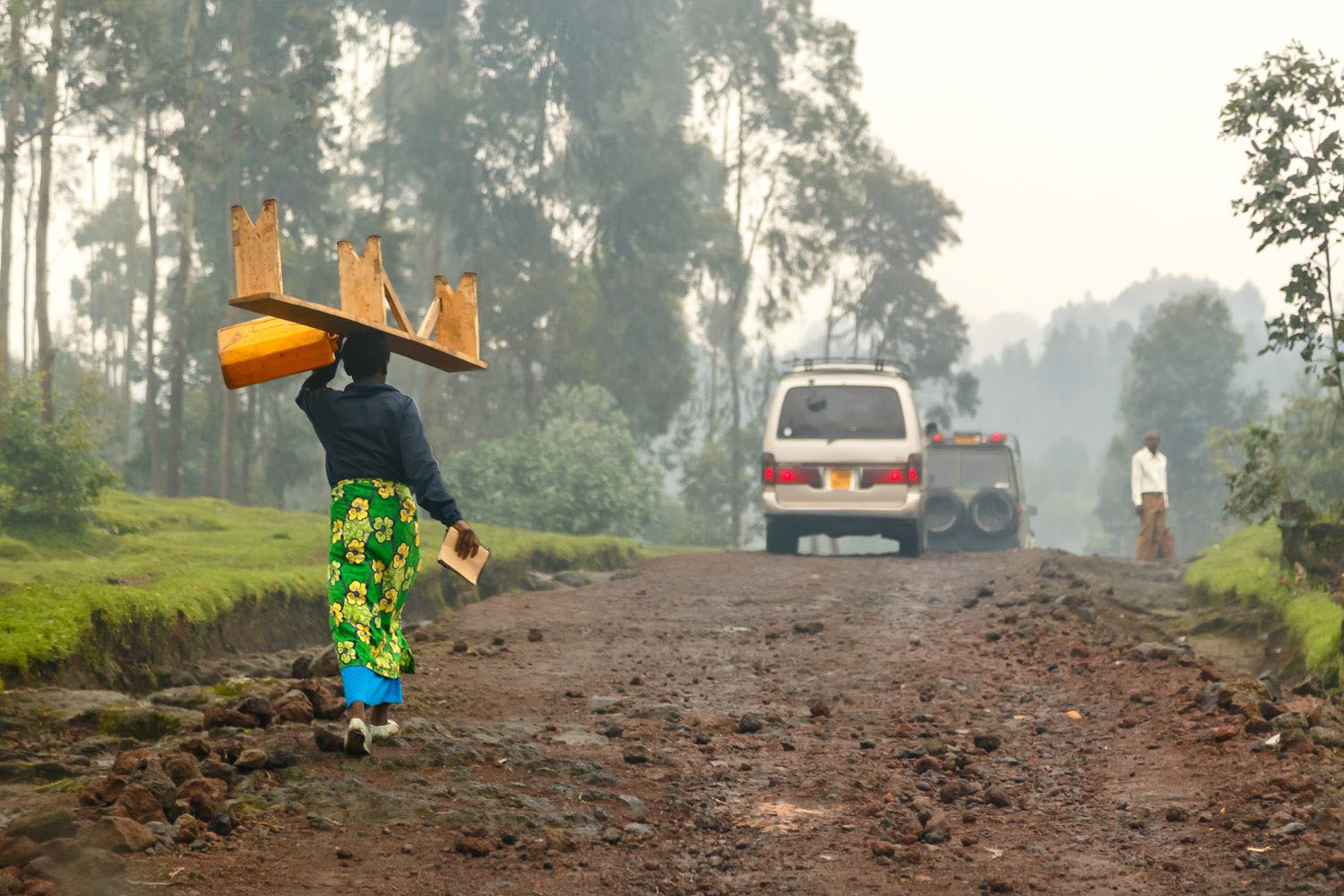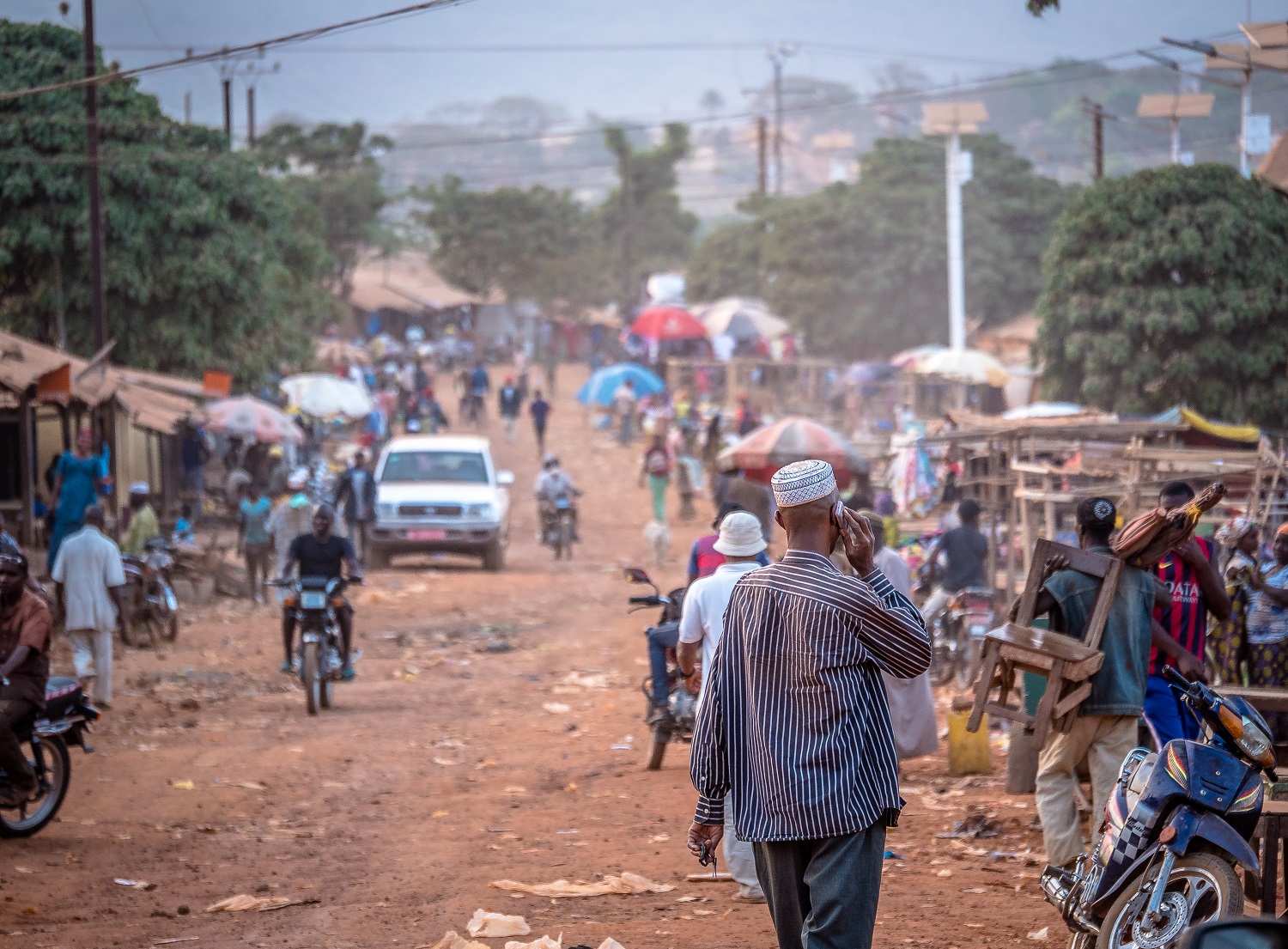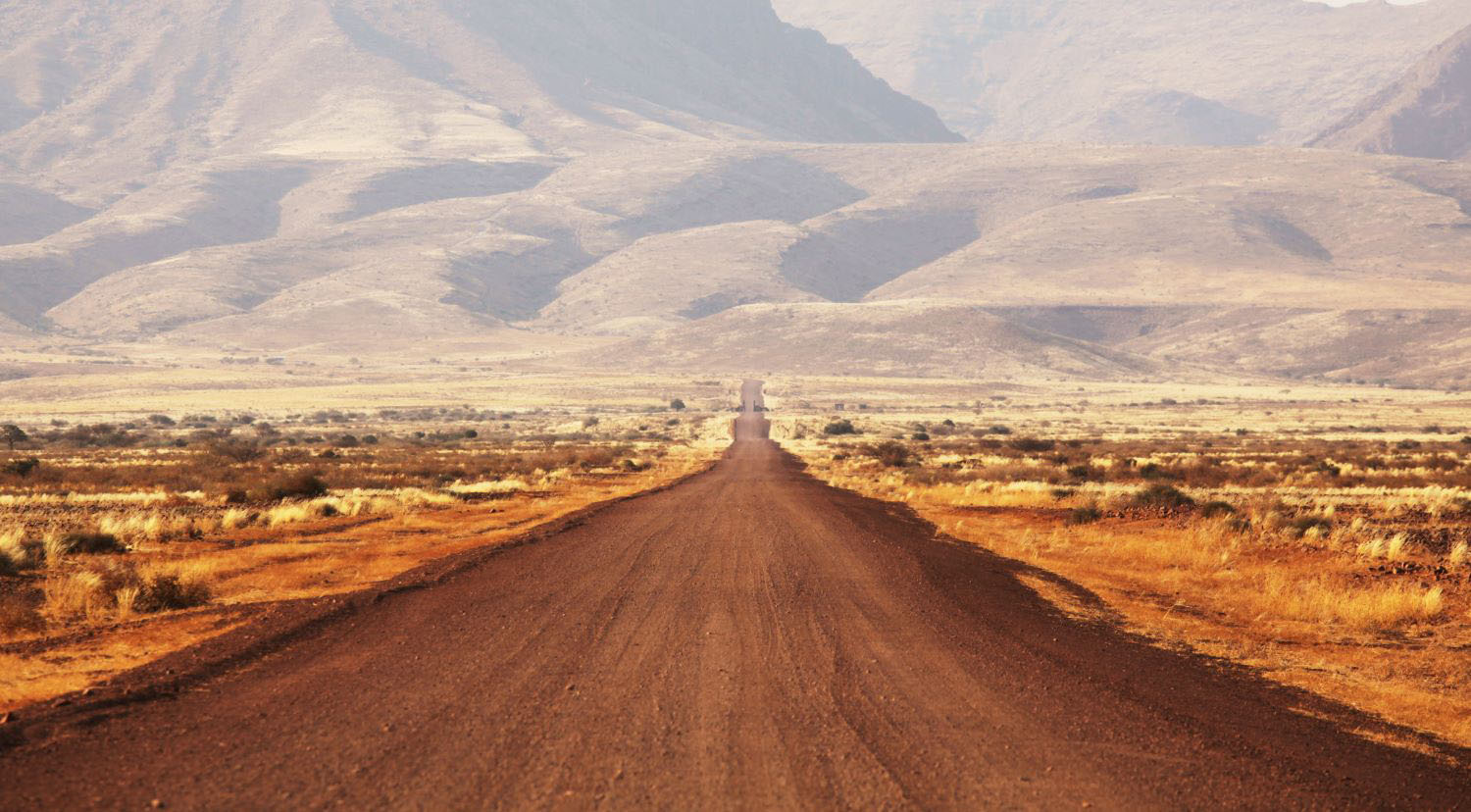Ideas to action: independent research for global prosperity
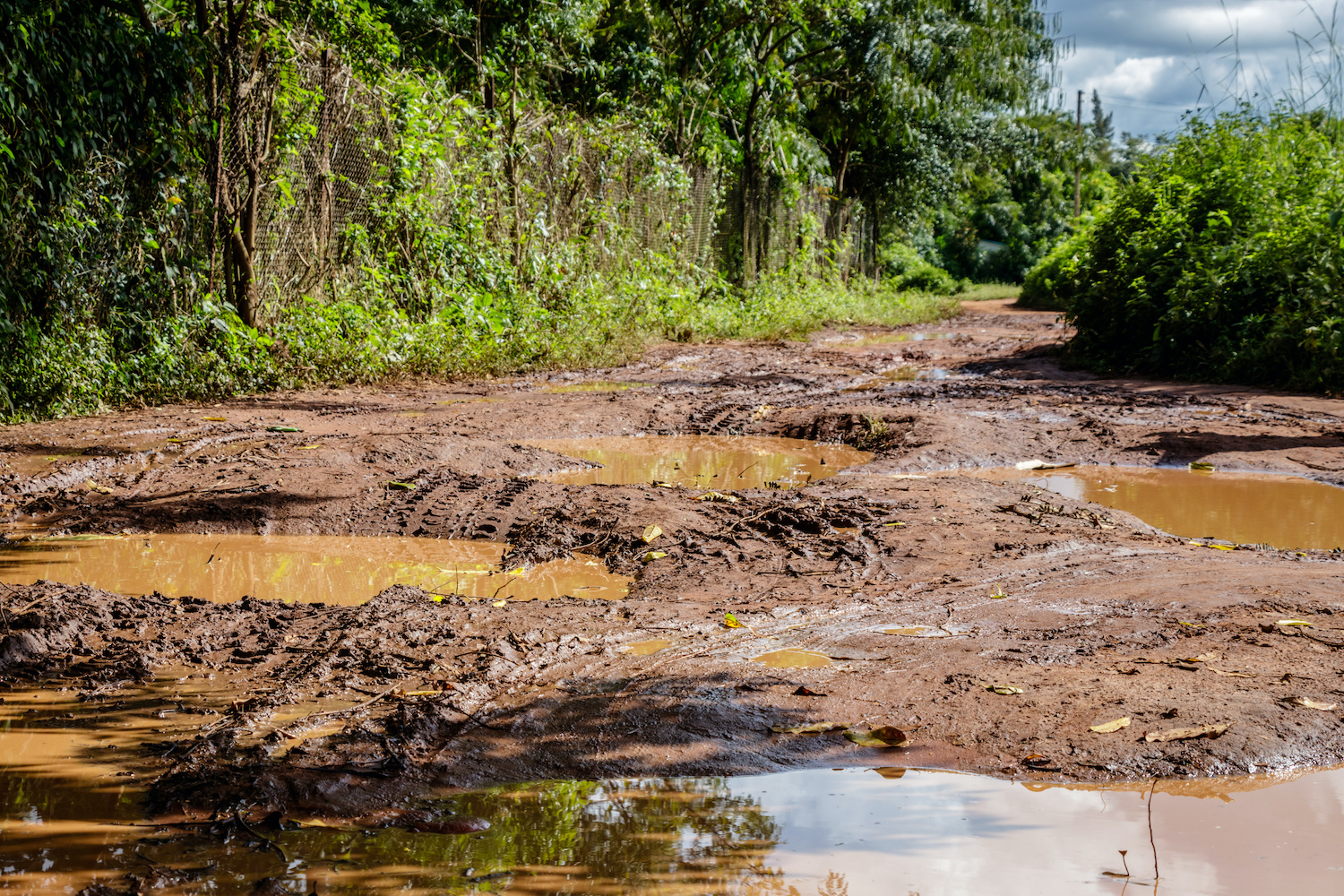
Quick Facts on the Importance of Roads across Africa
Roads help people get from Point A to Point B, but they also form the backbone of a modern economy, enabling public services, encouraging business growth. In the course of our work in designing a prize challenge for new road technologies, we’ve carried out an extensive review of the literature.
Here, we have compiled some interesting facts and examples of the critical role that roads play in everything from trade to healthcare in Africa, as well as on the scale of the financing gap and the challenges of climate change.
-
The continent will require roughly $130-$170 billion per year over the next decade to close the infrastructure gap—and current financing will fall short by an estimated $68-$108 billion. (African Development Bank)
-
Africa is the only region where road density has declined over the last two decades. (World Bank Africa’s Pulse)
-
1 billion people still lack access to all weather roads in developing countries. (The Sustainable Development Goals Report 2023: Special Edition)
-
Just 43 percent of roads on the African continent are paved, and a full 30 percent of all of Africa’s paved roads are in South Africa alone.(African Development Bank)
-
Almost 60 percent of the population of sub-Saharan Africa lives outside urban areas. (Atlas of Sustainable Development Goals 2023)
-
“[T]he continent has approximately 31 kilometers of paved road per 100 square kilometers of land in comparison to 134 kilometers of paved road in other low-income countries.” (National Bureau of Economic Research)
-
80 percent of African goods are transported by road and 90 percent of passenger traffic travels on roads. (African Development Bank)
-
Poor roads reduce the potential for foreign direct investment and strain the business ecosystem. As colleagues at Brickstone, an African infrastructure accelerator write, “According to the OECD, simulations suggest that improving Africa’s infrastructure could boost GDP growth by an additional 2.2% a year. The problem with the poor quality of transport infrastructure is the increased cost it generates, as the OECD estimates that transport costs account for between 30% and 40% of the final price of commodities traded intra-Africa. Accordingly, the logistics costs can rise even higher, reaching 60% for landlocked countries.” (OECD)
-
Poor infrastructure prevents the formation of better integrated and more productive economic networks within the continent. Today, just five coastal nations (Angola, Kenya, Nigeria, South Africa, and Sudan) account for more than 70 percent of the continent’s GDP. (World Bank)
-
Across West, East, and Southern Africa, historic floods have wiped out infrastructure over the last decade. South Sudan’s 2022 floods, for example, left 66 percent of the nation under water. In many parts of the world, roads are sealed or paved to resist flooding. (UNHCR)
-
Better adapting paved and unpaved roads to the stresses of climate change can save money. A UNU Wider working paper finds that climate change “…will cumulatively (2020-2100) cost Ghana US$473 million to maintain and repair damages caused to existing roads as a result of climate change (no adapt scenario). However, if the country adapts the designing and construction of new road infrastructure expected to occur over the asset’s lifespan (adapt scenario), the total cumulative cost will increase to US$678.47 million.” (UNU Wider)
-
A World Bank report finds that investing proactively in pavement improvements to account for higher temperatures is almost always justified, especially considering that the incremental cost of such adaptation measures is relatively low. (World Bank)
-
The Bank report also finds that when it comes to precipitation and flooding, the case for adaptation is more nuanced: enhancing resilience to these stressors generally comes with a hefty price tag, and subsequent savings on maintenance and rehabilitation may not be enough to compensate for higher upfront costs. In that context, factoring in the broader impact of road disruptions is essential to determine whether or not adaptation makes good economic sense. (World Bank)
-
It also finds that adequate road maintenance is the most critical and most efficient way of reducing the impact of a changing climate on the road system. In the absence of an adequate maintenance regime, the damage caused by climactic events is exacerbated—pointing to a need for cheaper, stronger, and more sustainable pavement materials. (World Bank)
-
Concrete and asphalt, common-road-building materials, are currently too expensive for many developing countries to utilize at scale, and current production methods are emissions-intensive.
-
With more than 4.1 billion tons used per year, including for roads in many countries, cement is the most-used man-made material on the planet. Cement production is projected to grow between 12 and 23 percent by 2050. (IEA)
-
Cement’s current production method is very carbon-intensive—7 percent of global anthropogenic CO2 emissions are from cement production alone. Concrete emits an estimated 144 kg CO2 per ton, while asphalt emits about 61 kg CO2 per ton. (UNECE)
-
-
As Korydon Smith, a professor of global health equity, writes in The Conversation, “In Uganda – a country with a high prevalence of preventable and treatable illnesses, such as respiratory infections – the “last mile” of the supply chain is a matter of life and death. While effective, low-cost treatments exist, the leading causes of childhood mortality include pneumonia, malaria and diarrheal diseases. As in the U.S., rural children in Uganda are at a greater risk of death than those living in cities. In fact, children living in the rural northeast region of Karamoja die at more than double the rate of children living in the capital region of Kampala. The health literacy of parents is one factor; access to health facilities is another.” (The Conversation)
-
In Kenya, health facilities are an average of 2 kilometers from the nearest road of at least fair quality. Kenyan health facilities near fair-quality roads had higher diagnostic accuracy rates, higher availability of vaccines and essential medicines, and availability of tests for maternity care. (Transport for Development, World Bank Blogs)
-
“It is estimated that nearly five billion people worldwide do not have access to safe surgery. This access gap disproportionately affects low-and middle-income countries (LMICs). One of the barriers to healthcare in LMICs is access to transport to a healthcare facility. Both availability and affordability of transport can be issues delaying access to health care…In Malawi the median travel time to a health center was 1 hour and 2.5 hours to a central hospital.” (BMC Public Health)
-
More than 70 percent of the maternal care cases referred to a hospital by Ghana’s community-based Health Planning Services, do not result in that hospital visit due to inaccessible road networks, unavailability of regular transportation, and high costs, leading to higher maternal mortality rates. (BMC Report)
-
There’s no substitute for roads: A number of foreign organizations are currently piloting drones, particularly for medical deliveries, and initiatives like hospital vans and the motorcycle-based Riders for Health attempted to tackle the problem of medical access but are not sustainable nor inclusive of all medical needs.
- Infrastructure and climate change: a study of impacts and adaptations in Malawi, Mozambique, and Zambia
- “Highways to Success or Byways to Waste Estimating the Economic Benefits of Roads in Africa”
- How does infrastructure contribute to health service delivery in Kenya?
- Riders for Health Initiative
- The African Commute: city transport needs
- Africa: Climate Crisis Exposes Vulnerabilities of Africa's Weak Infrastructure #AfricaClimateCrisis
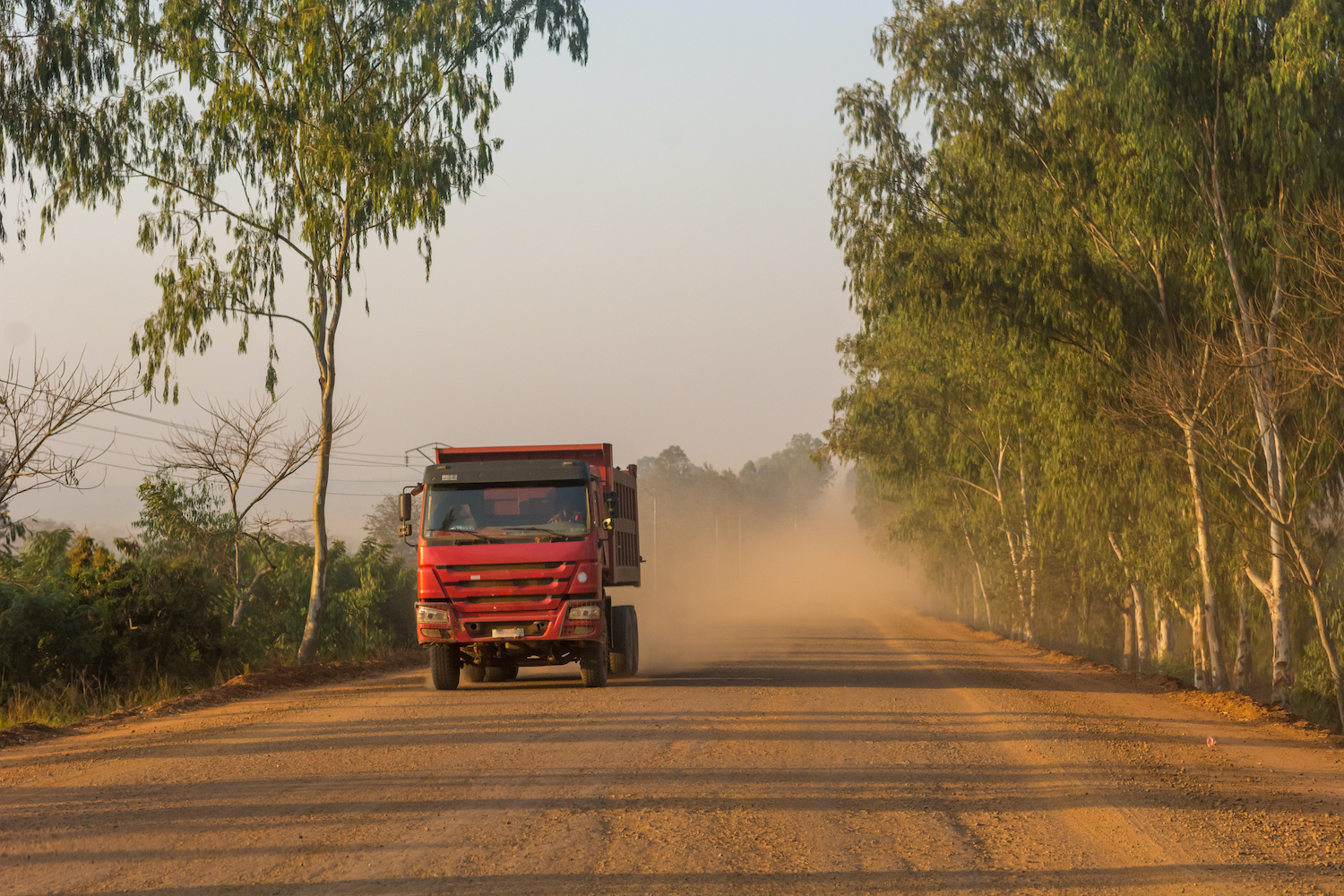
Experts
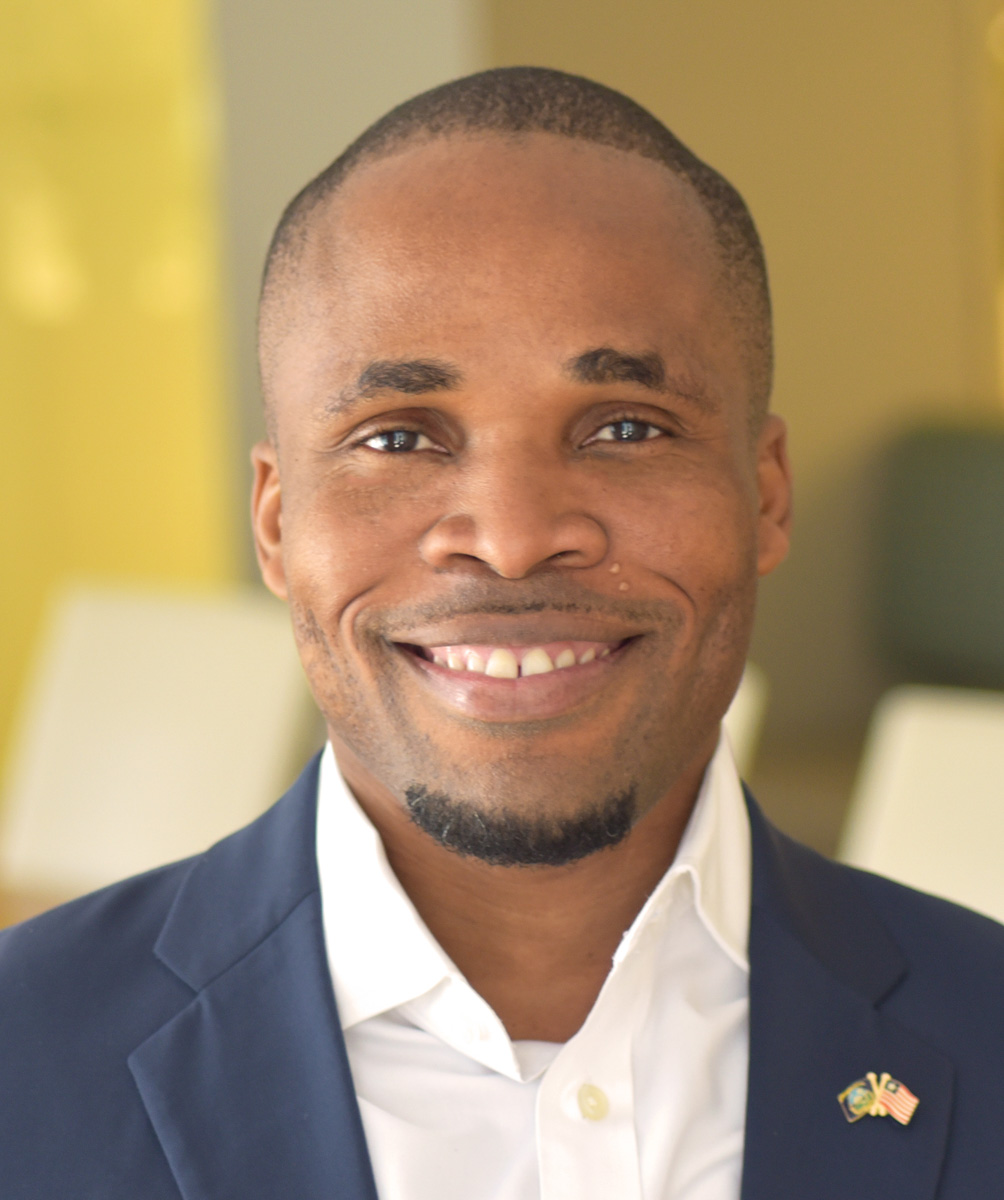
Experts
Acknowledgments
We thank the members of our working group for their support and expertise. Click here to see the full list and more info on them.


